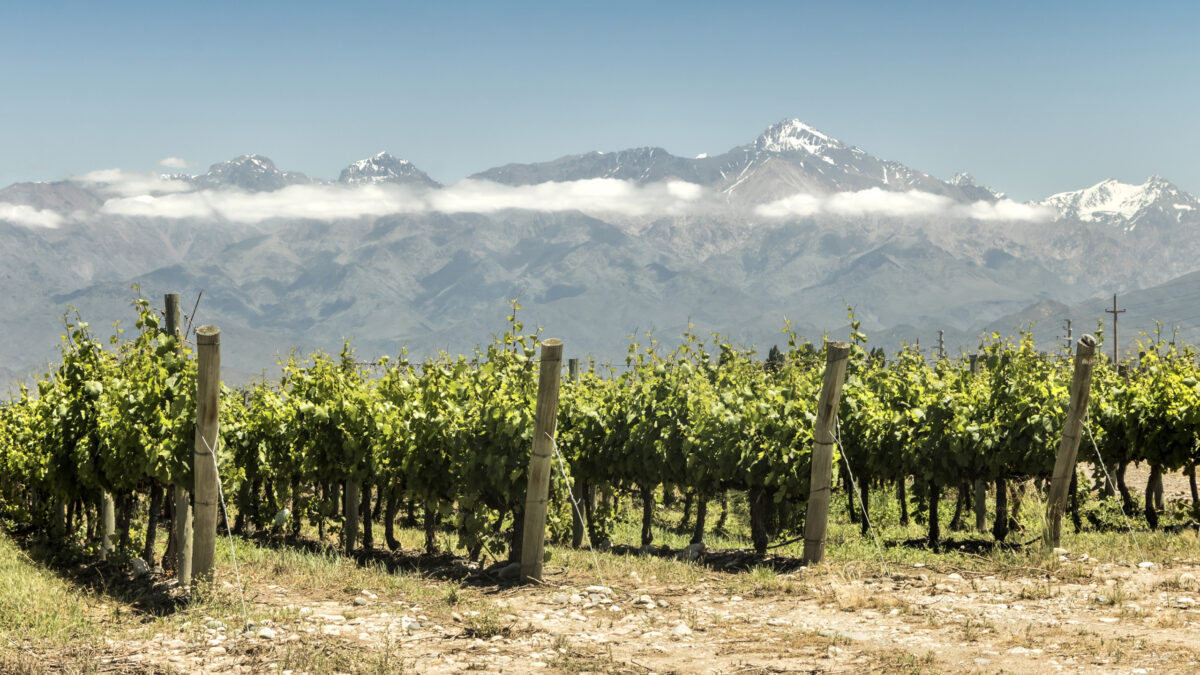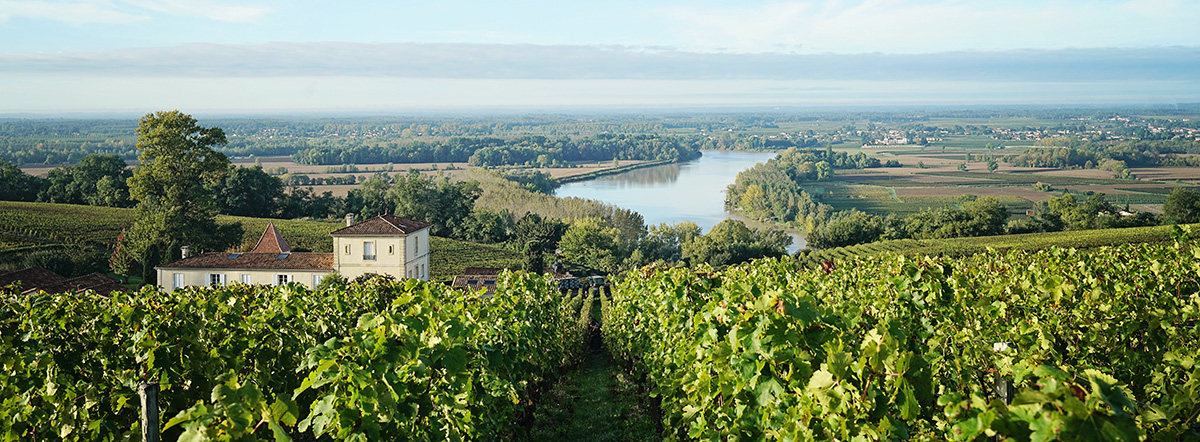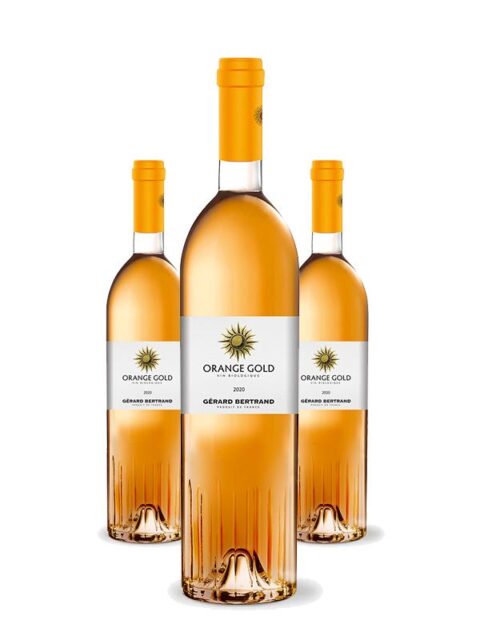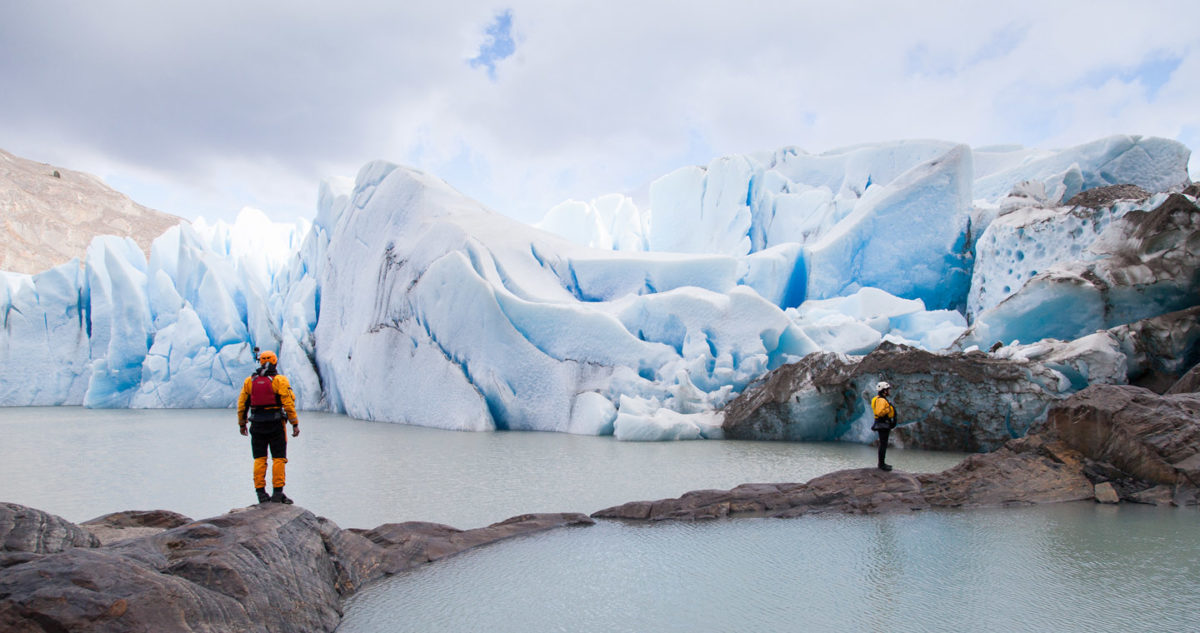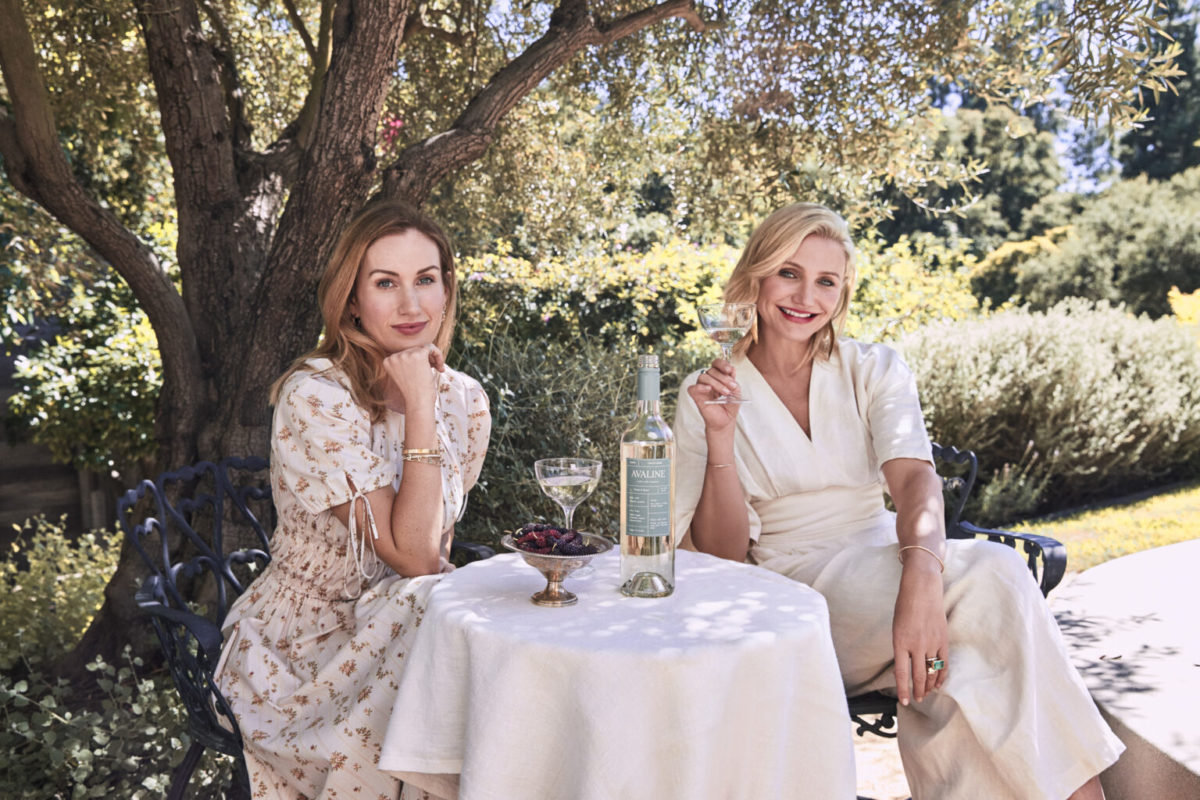A group of Chilean wineries are forming an association to promote organic wine due to the post-pandemic upsurge.
News of the impending organization came during an interview with Jaime Valderrama, who is the managing director of Viña Miguel Torres Chile.
The group of six wineries will be collaborating to promote organic wine from Chile, and that the new association would also have the support of Wines of Chile, which unites much of the country’s wine industry primarily for marketing purposes.
Among the founder members of the organic association will be Viña Emiliana, Odfell, and Koyle, according to Valderrama, as well as Viña Miguel Torres Chile.
Taking inspiration from Organic Winegrowers New Zealand (OWNZ), which is a dedicated to supporting organic winegrowing, he said that the group of Chilean wineries have been speaking to the founders of the New Zealand organization for advice.
Valderrama said, “..this year is very good, especially for organic wines, and our Las Mulas range of organic wines is doing very well; natural and organic wine is facing more demand, and that’s where the growth is across the US, Europe, UK and Korea as well.”
He added, “It seems that the consumer is more conscious about organics and the environment, and that’s why we are creating an organic grower’s association in Chile: the future for us is organic and natural wines.”
Currently, 98% of grape production across the 314 hectares owned by Torres in Chile is grown organically, with certification.
Sources Drinks Business
#winenews #organicwine #wine #wineassociation #organicwineassociation #chile #chile #chileorganicwine #winelover #naturalwine #instawine #winesofchile #chileanwine

